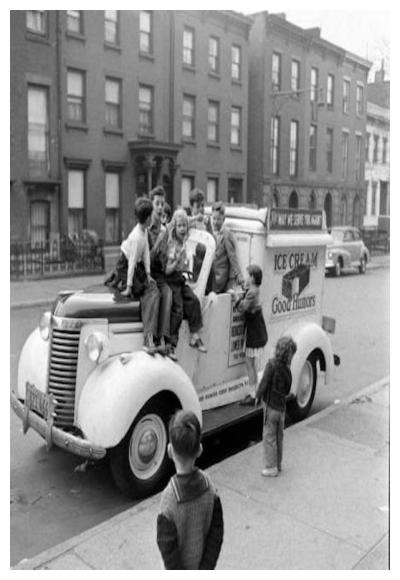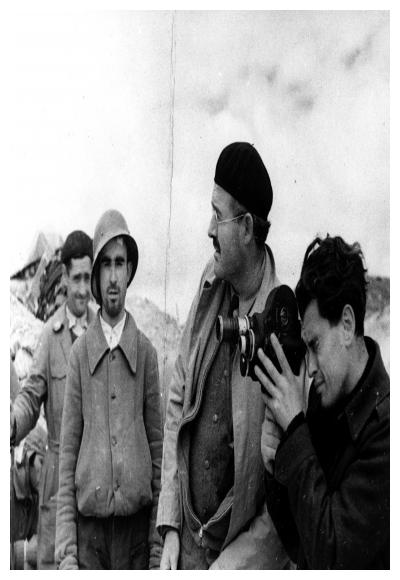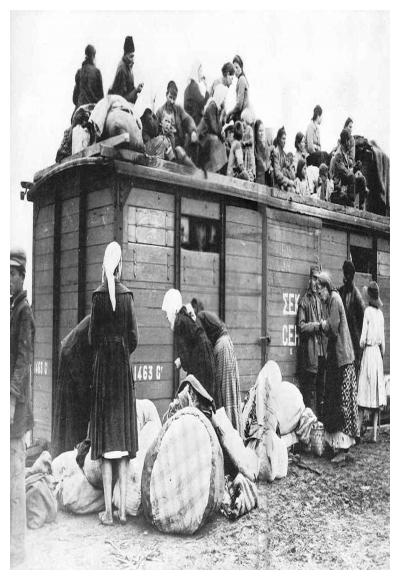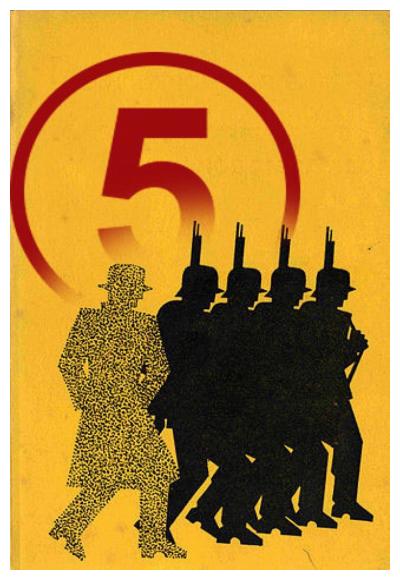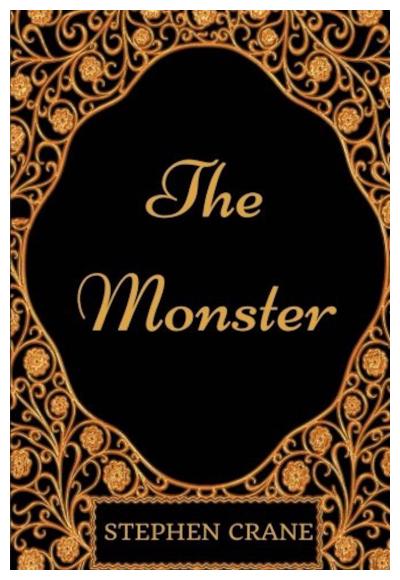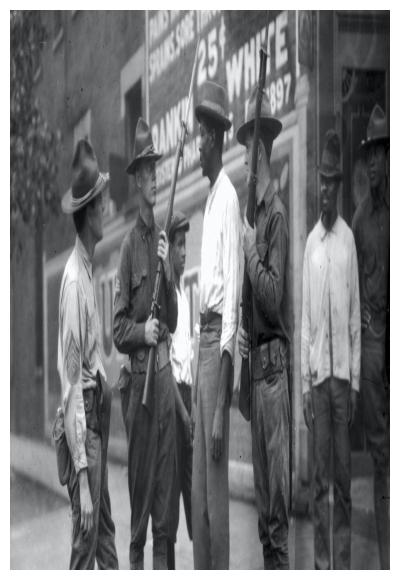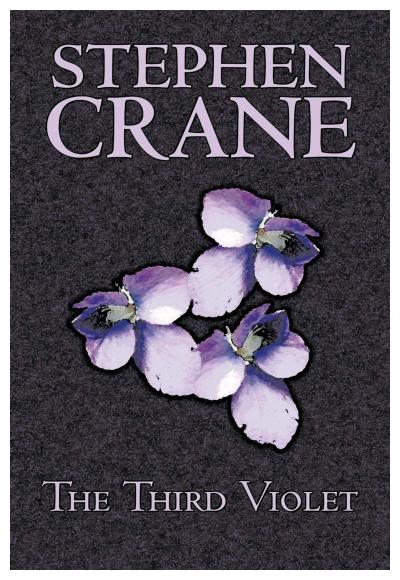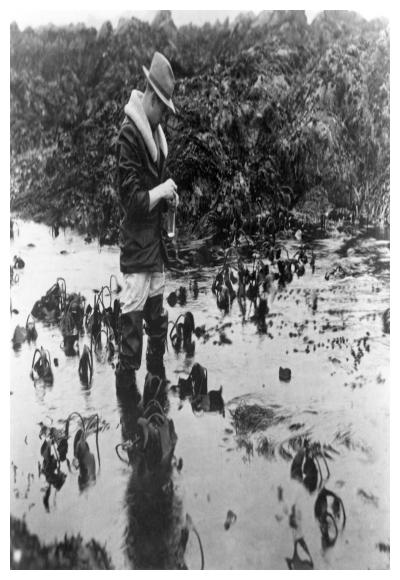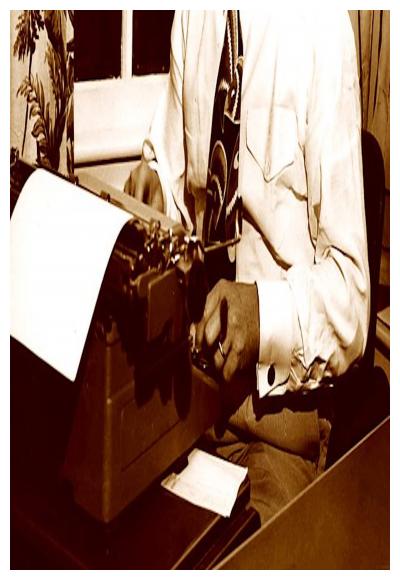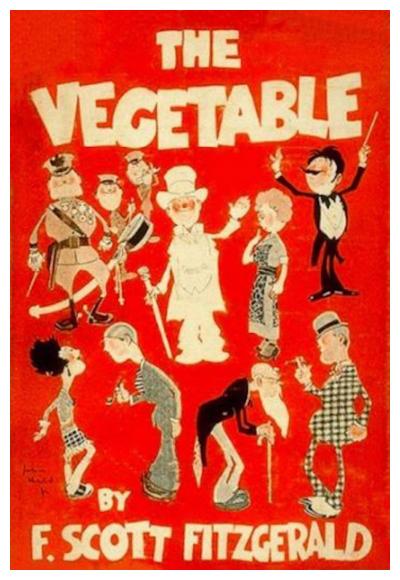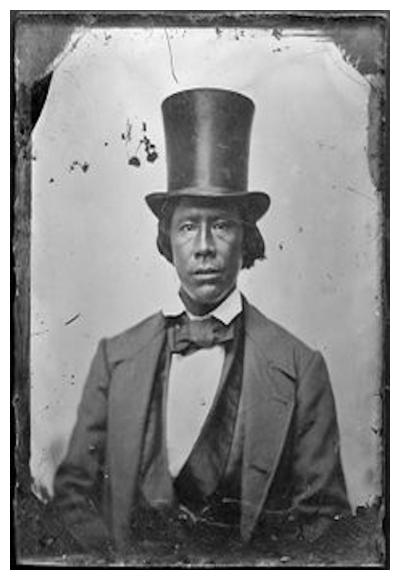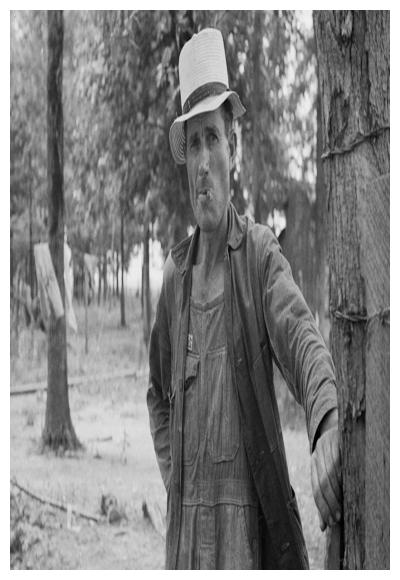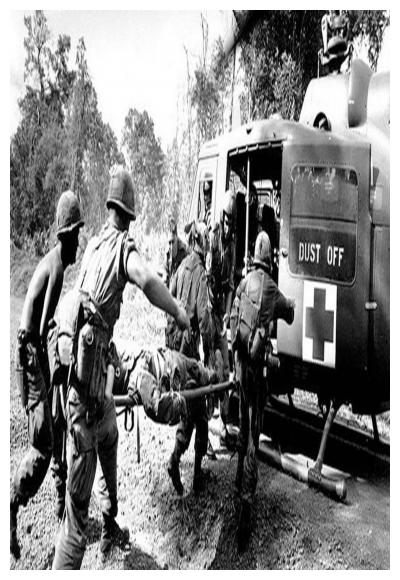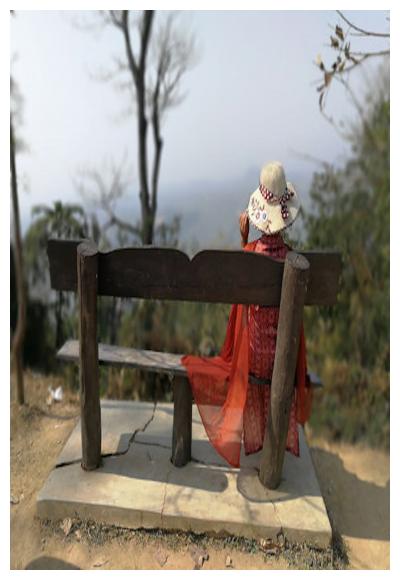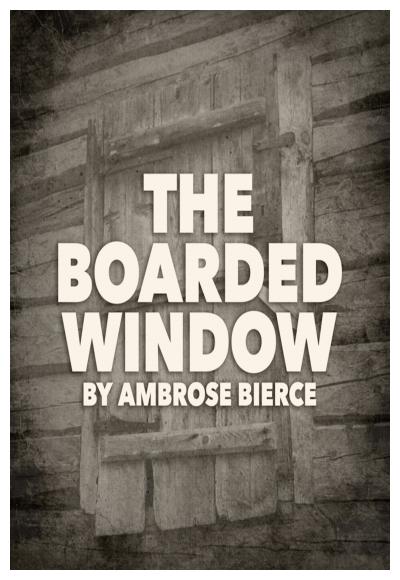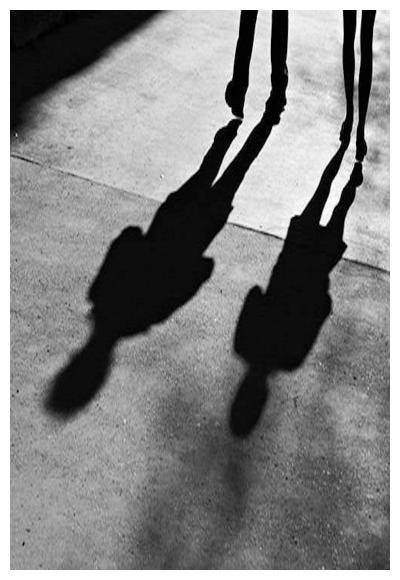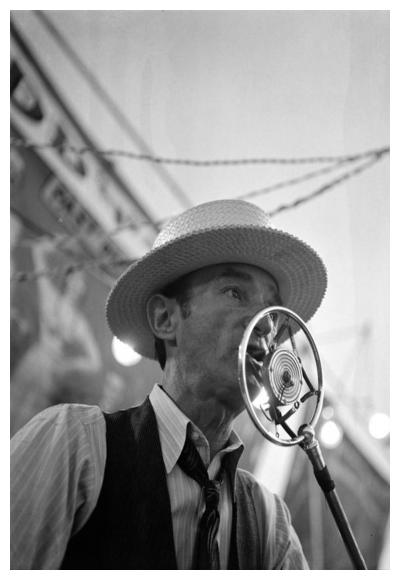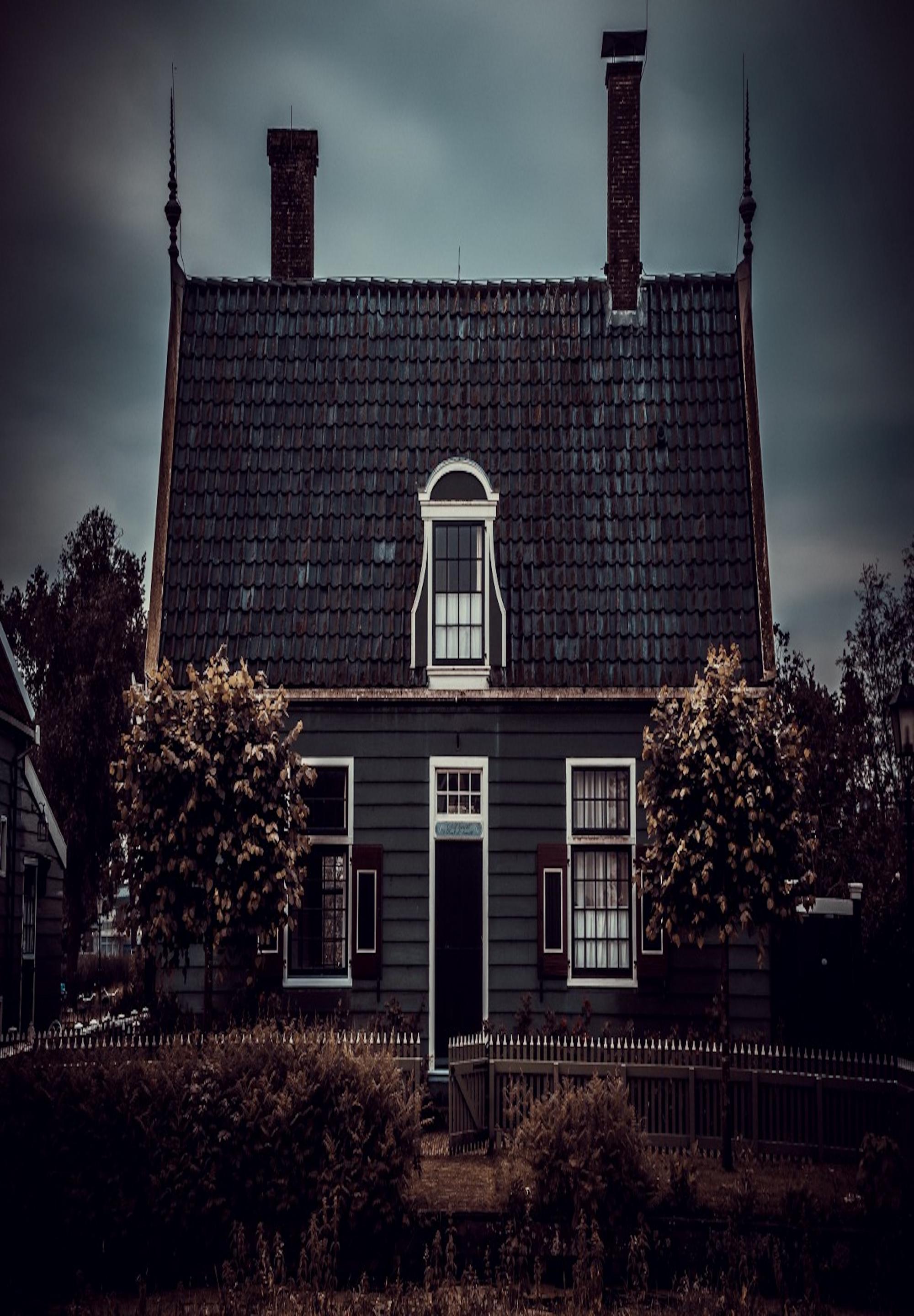
Synopsis/Details
New England, 1914. A poet and a minister chance upon an empty black cottage as they are walking along. The minister beckons the poet toward the cottage so that he can tell him its “story.” For all intents and purposes, the building now lies abandoned; the old woman who saw much history while living in it has passed away. After her death, her two sons didn’t sell the place for sentimental reasons and had promised to visit once a year—but they have never come back. The cottage remains as it was when their mother died.
The old woman was fond of talking to the minister about the Civil War (1861-65). This was the war in which her husband had fought and died, either at Gettysburg (Union victory, 1863) or Fredericksburg (Confederate victory, 1862)—the minister cannot remember. She thought that, whatever else the Civil War was for, it wasn’t just to keep the states together or to free the slaves. The old woman didn’t believe those ends enough to have given for them all she gave, though her giving did touch on the principle that all men are created free and equal.
The minister continues his narrative by telling how he almost altered the Apostles’ Creed the sake of newer, younger church members, who objected to its use of the word “hell”; but he made no changes for the sake of the old woman, who surely would have protested. The minister then dreams aloud of being the monarch of a desert land, where there would be few men and little change, and he could devote himself to seeking eternal truth. He and the poet are suddenly interrupted by a swarm of bees in the front wall of the cottage, and they depart.
Story & Logistics
Story Type:
Hero's Journey
Story Situation:
Loss of loved ones
Story Conclusion:
Ambiguous
Linear Structure:
Linear
Moral Affections:
Disinterestedness
Cast Size:
Couple
Locations:
Single
Characters
Lead Role Ages:
Male Middle Aged
Hero Type:
Ordinary
Villian Type:
Anti-Villian
Stock Character Types:
Everyman
Advanced
Adaption:
Based on Existing Fiction
Subgenre:
Drama, Ethnic Family Saga, Life Story, Literary Adaption, Small-town Life
Equality & Diversity:
Female Protagonist
Life Topics:
Death
Super Powers:
Physical or mental domination
Time Period:
Age of Oil (after 1901), Late modern period, Machine Age (1880–1945), World War I (1914–1918)
Country:
United States of America (USA)
Time of Year:
Summer
Relationship Topics:
Activities, Affinity, Bonding, Emotions and feelings, Family, Genetic
Writer Style:
Graham Greene, Rod Serling, Stephen King

